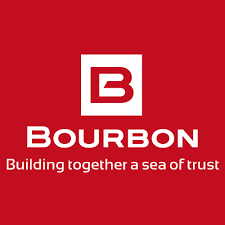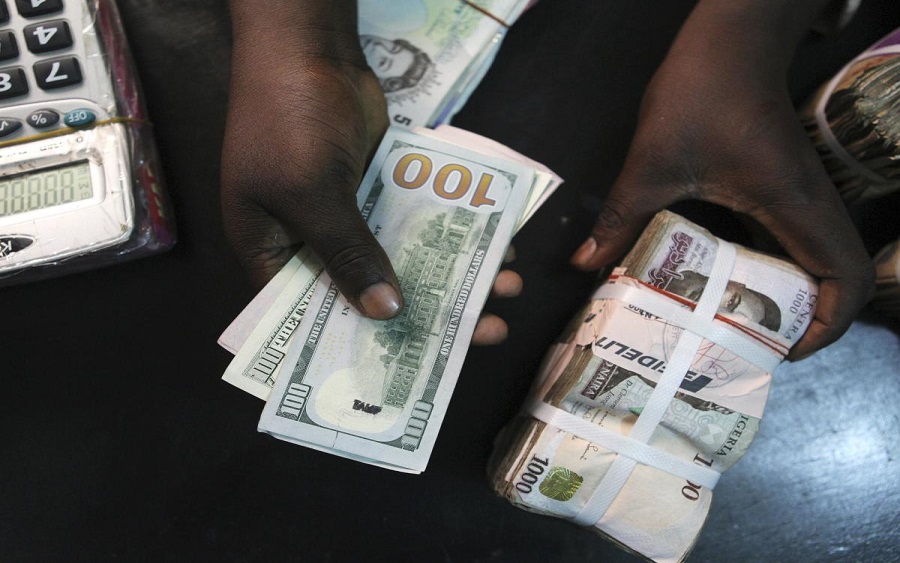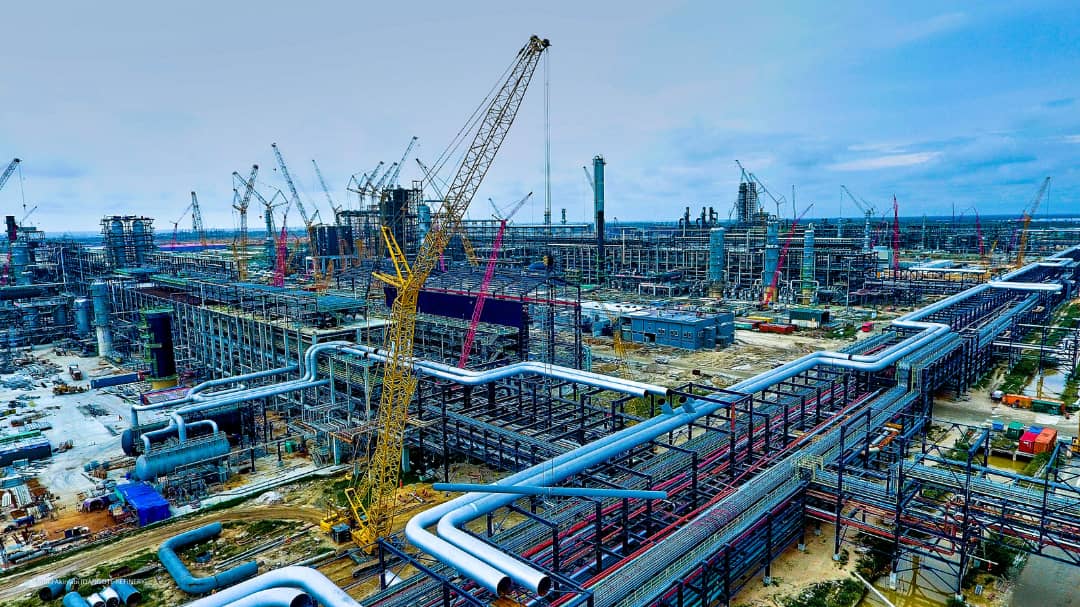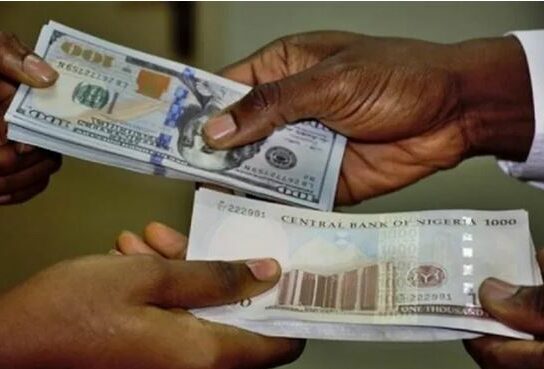World Bank has debarred seven Nigerian firms and individuals for engaging in corrupt practices.
Gatekeepers News reports that five were debarred by the World Bank and additional two Nigerian companies which were debarred by the African Development Bank (AfDB) were recognised by the World Bank under the cross-debarment policy, raising the number of debarments to seven.
A debarment renders firms/individuals ineligible to participate in projects and operations financed by institutions of the World Bank Group.
The World Bank disclosed this in its recent report titled ‘Sanctions System Annual Report for Fiscal Year 2022’.
The annual report covers the fiscal year 2022—from July 1, 2021, to June 30, 2022—and was prepared by the office of the World Bank Group’s (WBG) sanctions system, which comprises the integrity vice-presidency (INT), the office of suspension and debarment (OSD), and the sanctions board and its secretariat.
In the report, Salihu Tijani was debarred for three years and two months while Isah Kantigi was debarred for five years.
On the other hand, Amin Moussalli was debarred for two years and 10 months alongside a conditional non-debarment for one year and six months.
Conditional non-debarment means that a firm or individual remains eligible to participate in World Bank-financed projects as long as the firm/individual complies with certain sanction conditions.
The World Bank also backlisted two firms – AIM Consultants Limited for two years and 10 months, and SoftTech IT Solutions and Services Ltd. for four years and two months.
The other two firms debarred by AfDB but recognised by the World Bank were Sargittarius Nigeria Limited and Sargittarius Henan Water Conservancy Engineering Ltd. for two years and six months each.
World Bank Group President, David Malpass, while speaking on the sanctions said corruption has a “pernicious effect” on development and poses significant obstacles to the bank’s work to alleviate extreme poverty and boost shared prosperity.
Malpass explained, “Among them, it diverts scarce resources from achieving the projects’ objectives, robbing the benefits of development from the people who need them most; it increases costs for the most vulnerable while reducing their access to services—including health, education, and justice; and it undermines the public’s trust in institutions, thereby weakening governance and rule of law and increasing fragility.
“At a moment when every available resource must be deployed for maximum impact, these ill effects of corruption can be especially damaging.
“For this reason, it is important to recognise the role of the Bank Group’s sanction system, which plays a significant part in our institution’s efforts to maintain oversight and accountability for the financing we provide.”
Meanwhile, according to the report, the World Bank debarred or penalised 35 firms and individuals during the period in review (July 2021 – June 2022).
However, 22 entities had met their conditions for release from sanction, making them eligible to again participate in projects financed by the bank.






